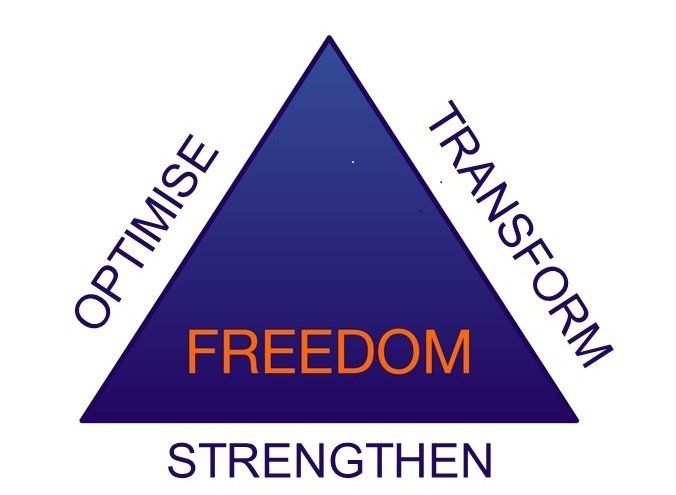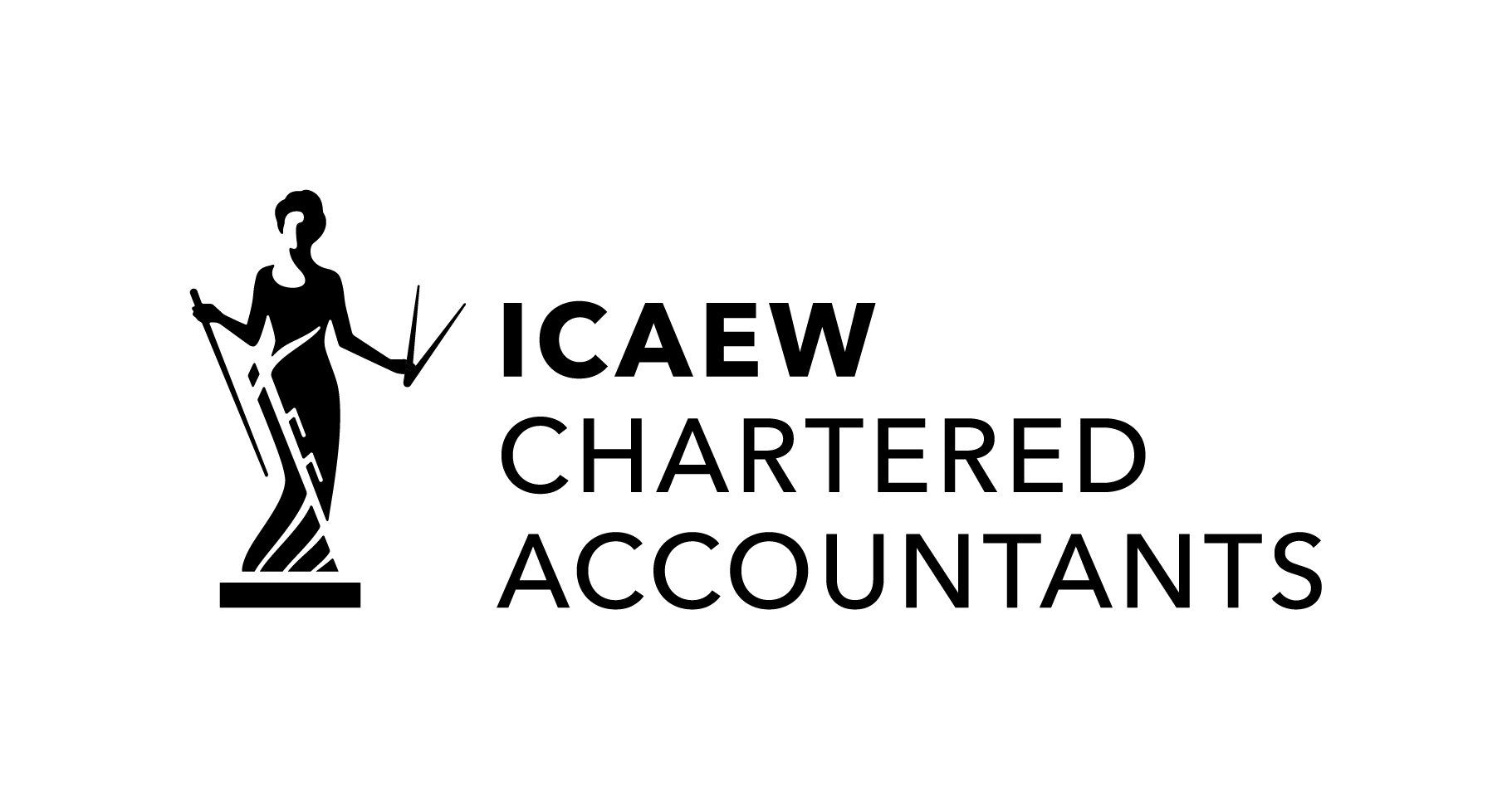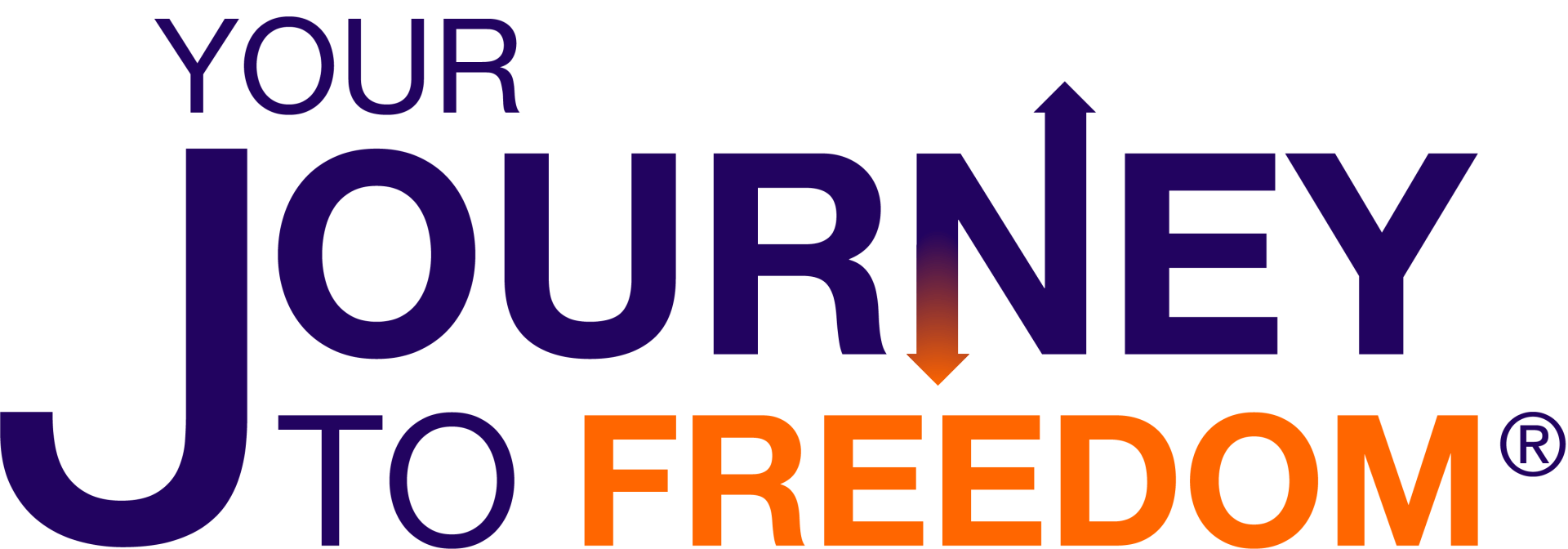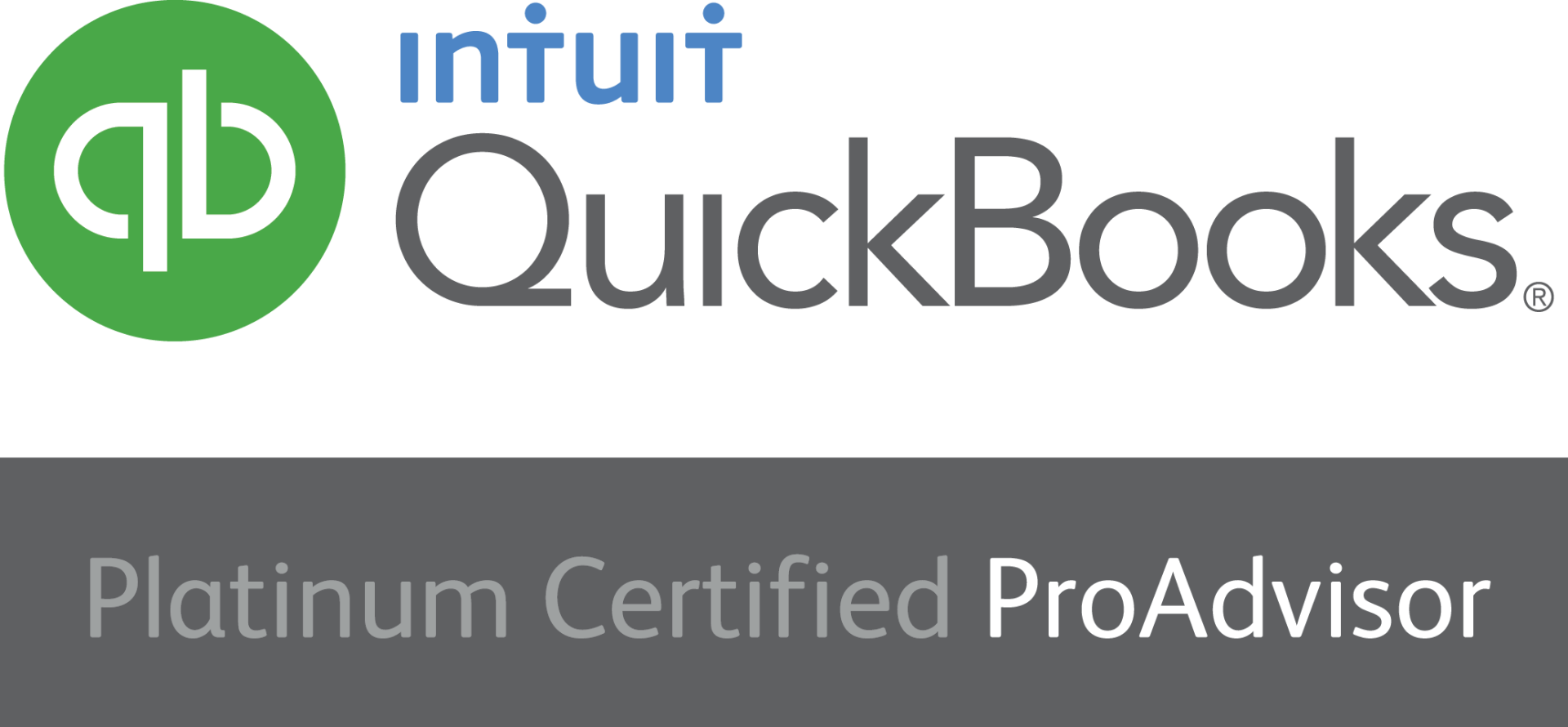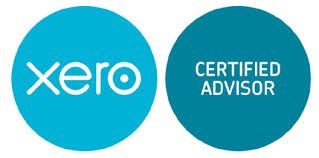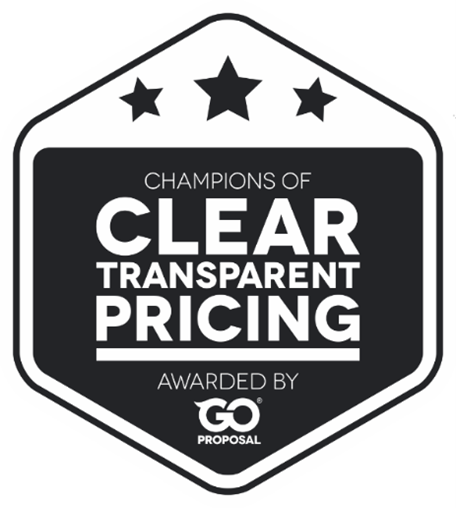Blog
Look to mum when it comes to resilience planning for your business
Peter Disney
Lessons learnt in building resilience
I recently read a Harvard Business Review about resilience. It was a global study involving 25,000 adults in 25 countries so this was a significant and in depth study. It was looking at personal resilience and what makes us as individuals more resilient.
Two of the findings were:
- Exposure to suffering increased resilience. Facing a stark reality and responding to it.
- The more tangible the threat the more resilient we become. Facing a real threat rather than an unknown one shows us what we are capable of and strengthens us.
It occurred to me that its findings applied equally to small businesses.
Exposing a business to stress will increase its resilience
According to Companies House the average age of UK Companies in 2019 was just 8.5 years. Over 72% of the total register were under 10 years old. There are 5.94 million small businesses (with 0 to 49 employees) representing 99.3% of the total business population. So, 72% of 5.94 million small businesses (almost 4.3 million businesses) have potentially never experienced a recession.
They had not experienced that desperation, that shock, when their sales slump and they have to make team members, who are often friends and family, redundant. When they struggle to pay their bills because they have not built up cash reserves. The red demands, the threats of court action, the embarrassment when a bailiff arrives on the doorstep. I hope they all had “old hands” to turn to and receive mentoring support.
In considering Wood and Disney's
clients, I immediately noticed that those who had been established for a long time and therefore had experienced recessions in the past coped with the Covid lockdown much better than younger businesses. I have personally been through 4 recessions whilst running Wood and Disney
and felt that we reacted quickly and decisively to the changes being imposed on us working from home but still maintaining full service levels for our clients. This meant that our younger clients benefited from having experienced “old hands” to advise them about how to cope. Brendon Howlett and myself spent almost all of our time in those early months phoning and Zooming our clients to support them.
Facing a crisis like the Covid pandemic or more recently the high interest rates and soaring costs of doing business, really brings home the need for experienced, professional advice. Wood and Disney's clients know that the advice we give them is based upon 45 years of running our own business. We are not just fresh faced out of uni, going straight into an established accountancy firm; we have real life practical experience of starting, building and running our own businesses. We know how difficult it is establishing and growing a business from first hand experience. Struggles with cash flow and growth, raising finance, getting our marketing mix right, finding and developing staff, we’ve faced all of these difficulties and many more. Nobody, family, friends or government, has ever given us a golden ticket to success – everything we have, we’ve built ourselves through hard work and creating opportunities ourselves.
Wood and Disney
understand what it’s like to face the pressures of running a business, the worry, the sleepless nights, the feeling of being alone and not sure of the best course of action, working all hours. Working to provide a better future for yourself and those that are important to you. We’ve been there and done it. We’ve made mistakes and learnt from them. We’ve survived through the early 1990’s recession (inflation peaked at 9.5% in 1990, with interest rates hitting a high of 14.8% on Black Wednesday), the 2008 recession (the deepest UK recession since WWII) and the Covid-19 pandemic. We use our experience of running our own businesses and helping our clients through the good times and bad, to make sure that the advice we give our clients is practical and works so that their businesses are resilient and thrive.
Facing a real threat strengthens a business
One thing we noticed at the start of the Covid pandemic was that so many clients over reacted and shut their doors immediately before the end of March. Basically, very little business was done in April. None of us really knew what we were facing or how long it was going to last. Panic set in because of the unknown. However, like so many entrepreneurs our clients were watching and assessing what was going on. Many reopened in May albeit perhaps on a reduced basis but they could see that perhaps they didn’t need to be fully shut down. In reality it wasn’t as bad as they had first feared. Coping with the changes and making some sales gave them confidence and we saw increasing sales from many clients over the next couple of months as they adapted to the new way of working. It wasn’t long before many of them were back to their original sales targets.
For some time we have been keen for our clients to create more resilient businesses because we knew that inevitably another recession would happen. Usually they appear pretty regularly every ten years or so. Since the last one was in 2008 we have been expecting another one for the last couple of years.
As accountants we see resilience in a company as building balance sheet reserves and net worth. However, for many of our clients this has not been a priority until we explain it in non accountancy terms. Increasing the net worth of your company means very little but saying that we can improve your company’s credit score
so your suppliers will send you more stock and allow you longer terms before you have to pay for it makes perfect sense. Having greater balance sheet reserves means your bank will not only be happier to lend to you but will lend you more.
And now there is another reason to build reserves. A reason we have all experienced at close hand. Many clients are now focused on building cash reserves
and we have been helping them by identifying appropriate KPIs (Key Preventative Indicators) and ring fencing various sums in different savings accounts. None of this is new but perhaps has been forgotten in recent times of prosperity.
How did my Mum get through the hard times?
My mum used a similar solution of planning and control soon after she married my dad 65 years ago and discovered he couldn’t budget. She took his weekly wages (in cash) and had separate envelopes for all of the various costs she knew she would have. The rent envelope, the food envelope, the clothing envelope etc. Everything was calculated to ensure she didn’t overspend in one area to the detriment of another. They lived within their budget and even managed to build up a rainy day fund.
Perhaps following my Mum's example is a model of how small businesses should be run in the future rather than a borrow and spend model.
- Budget for all costs in your business - budgeting
- Make sure the cash comes in and is allocated to cover each of your costs - cash flow planning and control
- Put away cash in a "rainy day" fund to build a cash reserve for when times get tough - Strategic cash reserve management
You can discover more about building resilience into your business by reading our more recent follow up blog ...











